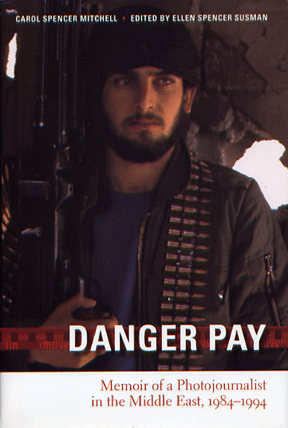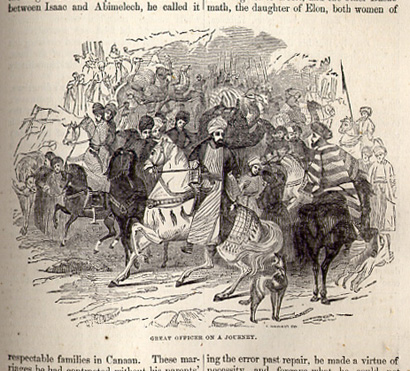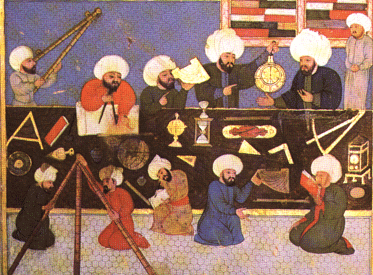
[Webshaykh’s note: Carol Spencer Miller (1954-2004) worked as a photojournalist in the Middle East, covering the crises there for some of the major American and european journals and newspapers. She had access to the elites, including King Hussein and Yassir Arafat, as well as ordinary people. Although she died before publishing her reflections on this experience, her book has been edited by her sister as Danger Pay: Memoir of a Photojournalist in the Middle East, 1984-1994 and is now available as an intriguing first-person memoir of events that seem to recycle more than disappear from the news cycle. I provide here an excerpt about her feeling of disorientation reporting on the Israeli/Palestinian issue.]
It grows increasingly unclear to me why people call this a “Westernized†country. the phones don’t work, the press is censored, there are guns everywhere. I am perpetually uneasy. How, I wonder, can anyone relax when wherever you look, there is someone toting or pointing a machine gun? they casually rest across shoulders, carried by anybody who wants to. Will I get used to the sight of civilians wearing sandals, shorts, T-shirts, and Uzis. in movie theaters, at the supermarket, at shopping malls, and at bars? They aren’t frightening as much as disconcerting.
This is a difficult country to get accustomed to. There are bomb shelters in homes and children’s playgrounds, security at every store, the ever-present notion of “security reasons,†the way people dress, as if they don’t give two hoots about appearance (they don’t). Restaurants and movies open on Fridays are stoned by the ultra-Orthodox Haredim. Continue reading Why does this land make me quiver? →



